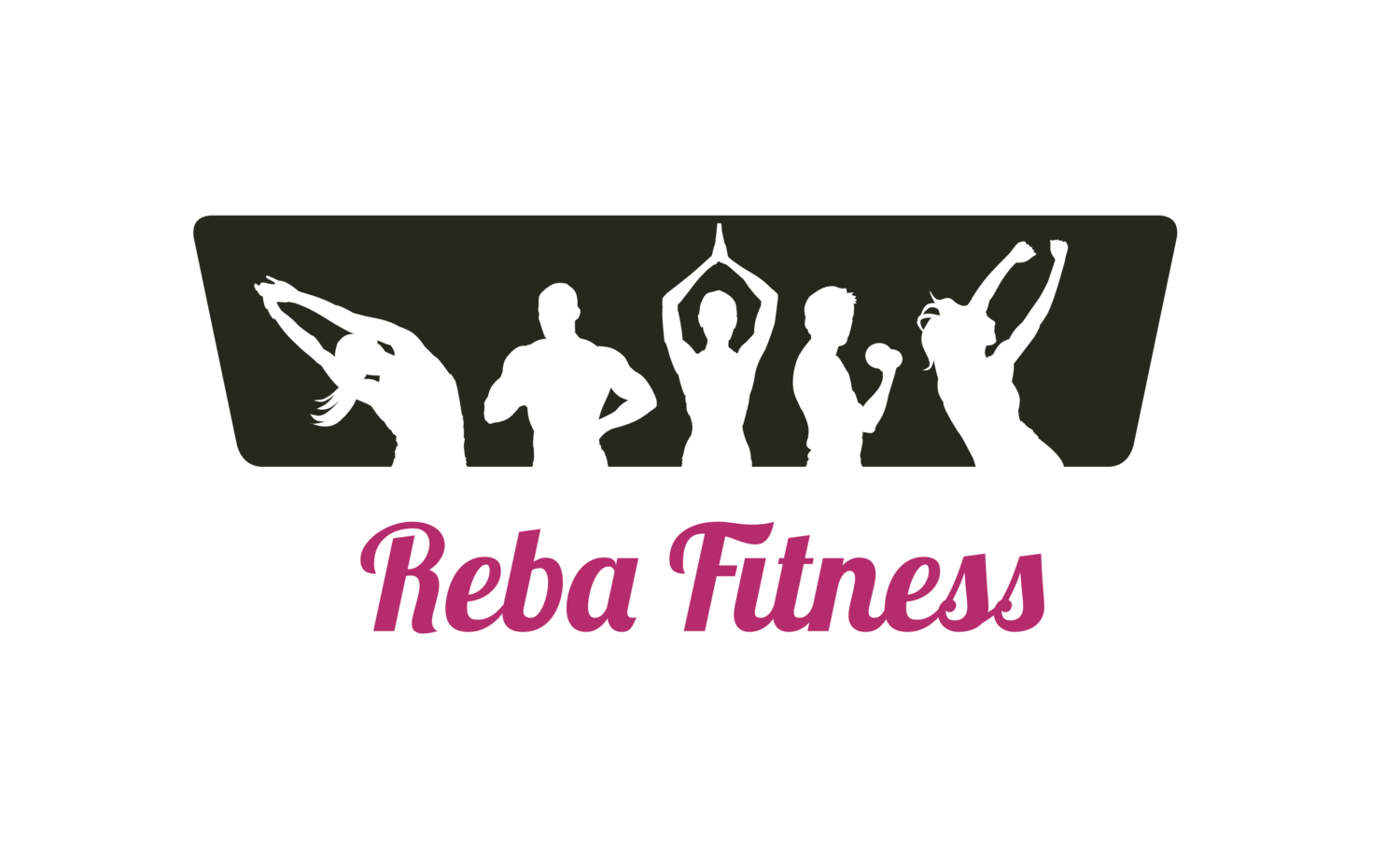Adding the right foods to your diet as you approach menopause can actually reduce or prevent menopause symptoms. And the earlier you make these dietary changes, the easier menopause may be.
Some menopause symptoms are just bothersome, such as hot flashes and dry skin. Other changes related to menopause can lead to long-term women’s health problems, from bone loss to high cholesterol.
Following the optimal menopause diet can help to reduce or even prevent menopause symptoms and protect you from illnesses, such as osteoporosis and cardiovascular disease.
There are some foundation foods that are great for women’s health and can help with menopause symptoms like dry skin, bloating, weight gain, hot flashes, and bone loss.
The earlier you make these foods staples in your menopause diet, the easier menopause and post menopause may be.
Water. Vaginal dryness and dry skin caused by a decrease in estrogen during menopause are common complaints among women at this time, but getting eight glasses of water a day can help maintain your skin’s moisture and offset dryness.
Drinking water also helps decrease the bloating that occurs with hormonal changes. This kind of symptom is most common in the years just before periods end for good, often referred to as perimenopause.
Calcium. Your calcium needs increase during menopause because the loss of estrogen can speed up bone loss. If you’re not taking estrogen replacement, aim to get at least 1,200 milligrams of calcium a day. If you do take hormone replacement therapy, aim for 1,000 milligrams a day, she says. Because that’s difficult for most women to achieve that through diet alone, consider a combination of calcium-rich foods in your diet, like milk and nonfat yogurt, and calcium supplements.
Vitamin D. Getting enough vitamin D is also critical for protecting your bones during menopause. Vitamin D comes from the sun, but many experts say it’s vital for women’s health to take a vitamin D supplement to ensure you’re getting enough, especially in winter and in non-sunny climates. Although the official recommended daily dose is only 600 international units for most people, many doctors recommend getting 1,000 to 2,000 international units of vitamin D a day. Talk to your doctor about the right amount for you.
Fruits and vegetables. Your metabolism slows down as you get older, and women in their mid-forties tend to become more sedentary. This all adds up to weight gain, one of the most dreaded menopause symptoms. By filling up on low-calorie fruits and vegetables, you can help minimize weight gain while getting the nutrients you need to stay healthy.
Whole grains. Some whole grains, such as steel-cut oatmeal, quinoa, barley, and brown rice, provide B vitamins — which help boost energy, manage stress, and keep the digestive system functioning.
Folic acid and fiber, also found in whole grains, help lower risk for cardiovascular disease, which rises after menopause.
Iron. Your iron needs actually go down during menopausal years, so focusing on eating lean cuts of beef, eggs, iron-rich cereals, and grains should put enough in your diet. Iron supplements (and that includes multivitamins with iron) are generally not recommended for women after menopause unless your doctor prescribes them.
Soy. Some experts recommend soy for relief of hot flashes, but the research is inconclusive. Soy compounds, called isoflavones, mimic estrogen in the body. Studies of the benefits of soy for women in menopause focus on women in Asia, who get their soy from food. If you want to try soy, eat edamame, tofu, and other soy foods as much as possible instead of processed foods like soy burgers.
Flaxseed. Flaxseed is a wonderful plant-based food with omega-3 fatty acids. Try sprinkling ground flaxseed on cereal, yogurt, and salads; it adds fiber to your diet, keeps your arteries healthy, and has some estrogen-like compounds.
Low-calorie foods in general. The plain truth is that your calorie needs decline with every decade of life. The less weight you gain during menopause, the better your menopause symptoms in general, so it’s worth adopting a diet of low fat, healthy foods, including fruits and vegetables, whole grains, and lean protein, that will help you maintain your weight.
What to avoid. Alcohol, sugar, caffeine, and spicy foods, can trigger hot flashes and can aggravate urinary incontinence (another common problem during the menopause years), increase mood swings, and increase bone loss.
